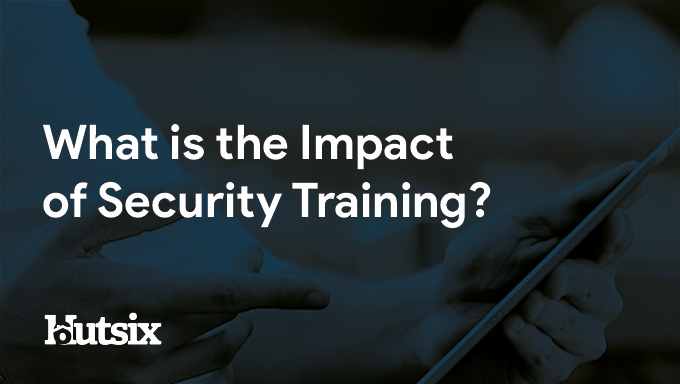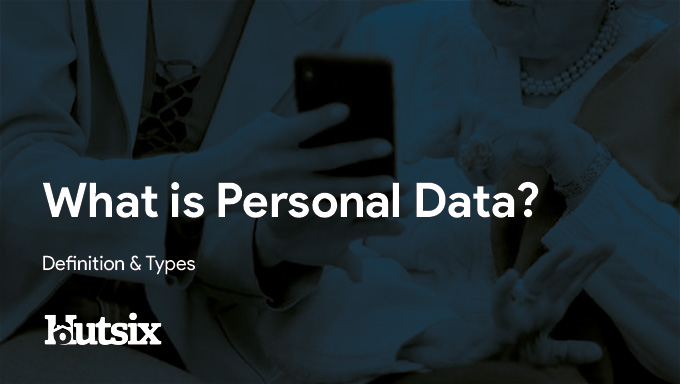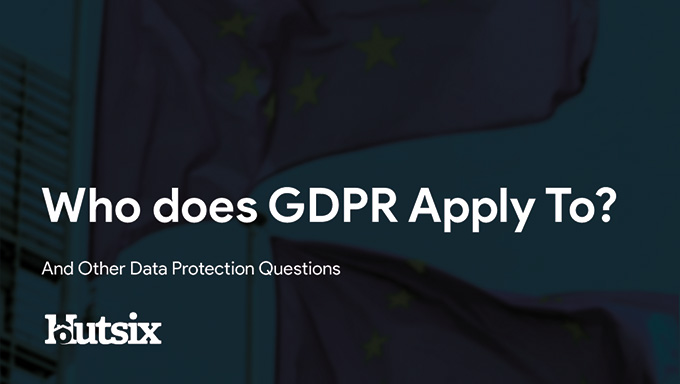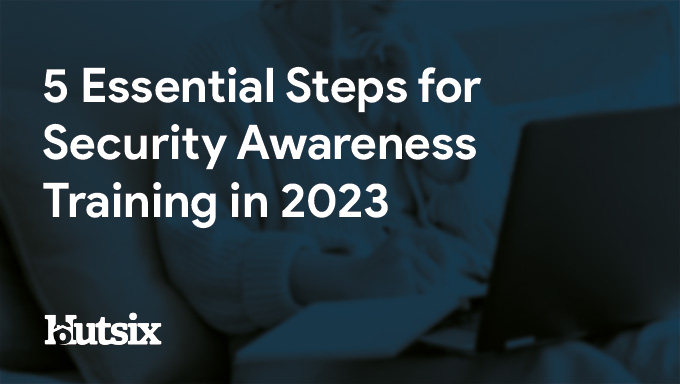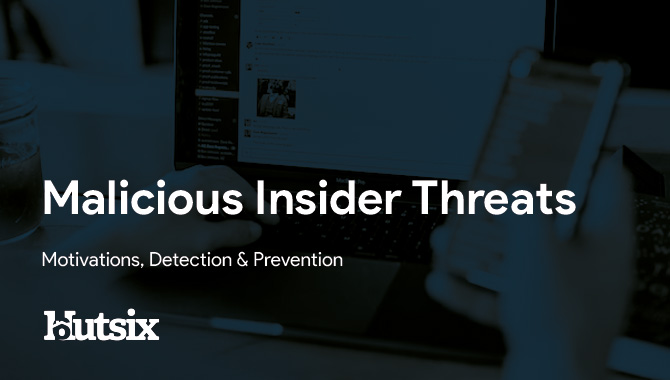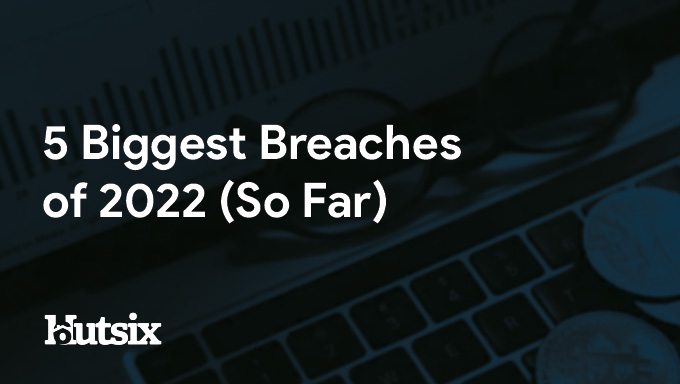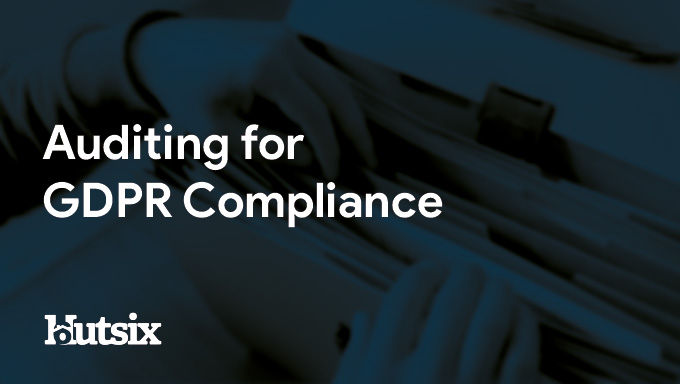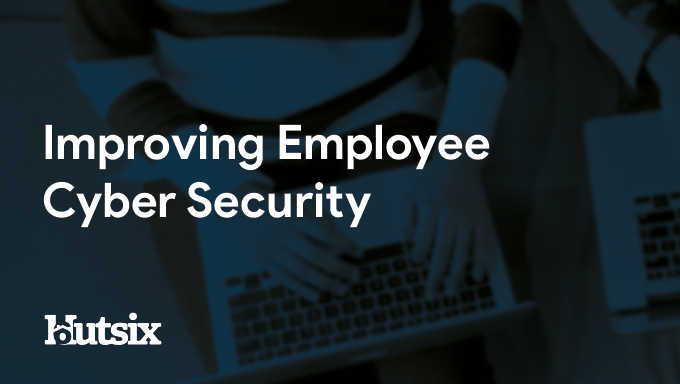Social Engineering in Hospitality
In 2025, the hospitality industry faces a myriad of cyber threats, with social engineering attacks being among the most prevalent and damaging. These attacks exploit human psychology to manipulate individuals into divulging confidential information or performing actions that compromise security. For businesses in the hospitality sector, understanding and mitigating these threats is crucial to safeguarding both their operations and their guests.
Looking to learn more about Information Security?
Talk to one of our experts about effective training now.
What is Social Engineering?
Social engineering is a tactic used by cybercriminals to deceive individuals into revealing sensitive information or performing actions that facilitate unauthorized access to systems. Unlike traditional hacking methods that target technological vulnerabilities, social engineering exploits human psychology and trust.
Key Facts
Understanding the current landscape of social engineering threats in hospitality is essential. Here are some pertinent statistics:
- Prevalence of Social Engineering Attacks: Social engineering attacks have surged in the accommodation and food services sector, now accounting for 25% of all incidents. Notably, pretexting---a form of social engineering where attackers create a fabricated scenario to steal information---has doubled over the past year and now represents 20% of these cases.
- Human Factor in Data Breaches: A 2024 report found that the human element was present in 68% of all breaches, including errors, social engineering, and misuse. This highlights the critical need for comprehensive security awareness training to mitigate these risks.
- Financial Impact: In the past year, 71% of organisations experienced at least one phishing attack. Those that fell victim saw a 144% increase in associated financial costs, emphasizing the economic impact of these threats.
Case Study: Booking.com Phishing Attacks on Hotels
Cybercriminals targeted hotels using Booking.com by sending phishing emails that impersonated the platform. Some claimed a guest had left a negative review, urging staff to log in and respond, while others warned of account deactivation. The emails contained links to a convincing fake login page, where attackers stole credentials.
Once inside a hotel's account, attackers accessed guest data, including names, emails, and payment details, which they used for further scams. Unlike high-profile attacks on major chains, this campaign targeted hotels of all sizes, exploiting weaker security measures. The growing sophistication of phishing tactics highlighted the need for strong security awareness training and verification processes to prevent staff from falling victim to these scams.
Hospitality Under Attack
The hospitality industry is particularly susceptible to social engineering attacks due to several factors:
- High Employee Turnover: The frequent change of staff can lead to inconsistent security training and awareness, making it easier for attackers to exploit untrained employees.
- Guest Service Mindset: Hospitality staff are trained to be accommodating and helpful, which can sometimes lead to bypassing security protocols to meet guest needs.
- 24/7 Operations: Around-the-clock operations can result in fatigue and lapses in vigilance, especially during late-night shifts when attacks may be more likely to occur.
Common social engineering threats in the hospitality sector include:
- Phishing and Vishing: Attackers use emails (phishing) or phone calls (vishing) to impersonate trusted entities, such as booking platforms or corporate offices, to extract sensitive information from employees. For instance, phishing scams mimicking Booking.com have been evolving, making it challenging for staff to discern legitimate communications from fraudulent ones.
- Pretexting: Attackers create a fabricated scenario to trick employees into providing access or information. For example, an attacker might pose as an IT technician needing access to the hotel's computer systems to perform maintenance.
- Baiting: This involves leaving malicious devices, such as infected USB drives, in public areas of the hotel. Curious employees or guests who pick up and use these devices inadvertently introduce malware into the hotel's systems.
Reputational Risk in Hospitality
In the hospitality industry, reputation is everything. A single security breach or well-executed social engineering attack can have devastating consequences, not just financially but also in terms of customer trust and brand credibility. With review platforms like TripAdvisor, Google Reviews, and social media playing a pivotal role in consumer decision-making, negative publicity spreads rapidly.
The Impact of a Security Breach on Reputation
- Loss of Customer Trust: Guests expect hotels and restaurants to safeguard their personal and payment information. A data breach resulting from social engineering can lead to a decline in bookings and customer confidence.
- Negative Publicity: Media coverage of a cyber incident can damage an organisation's brand image, making recovery difficult. For instance, high-profile breaches at major hotel chains have resulted in costly legal battles and public relations crises.
- Fake Reviews & Extortion Scams: Cybercriminals have also weaponised online reputation management. Some restaurants and hotels have been targeted by blackmailers threatening to leave negative reviews unless they receive payment.
Solutions
To combat these threats, hospitality businesses must adopt a proactive security approach, reinforcing defences at every level.
Security awareness training is the first line of defence. Employees must be trained to recognise phishing attempts, pretexting scams, and other social engineering tactics. Cultivating a culture of healthy scepticism ensures staff verify identities before sharing information and remain cautious of unsolicited requests. Businesses that invest in continuous training see a significant reduction in security-related risks.
Access controls play a crucial role in limiting exposure. Multi-factor authentication (MFA), role-based access permissions, and regularly updated passwords reduce the likelihood of unauthorised access. These measures should be complemented by regular security audits, which help identify and address vulnerabilities before they can be exploited.
Having a clear incident response plan ensures that, in the event of an attack, businesses can respond swiftly and effectively. Drills and tabletop exercises should be conducted regularly so staff know exactly how to contain and report security incidents.
Guest security is also a growing concern. Hotels must educate guests about potential risks, such as fake booking confirmation emails or malicious Wi-Fi networks, and encourage them to take precautions when sharing personal information online.
By embedding security awareness into daily operations, hospitality businesses can significantly reduce their exposure to social engineering attacks. As cybercriminals continue to evolve, staying ahead requires vigilance, training, and strong security practices. Protecting an organisation isn't just about safeguarding data---it's about preserving trust, reputation, and resilience in an increasingly digital industry.
Security Awareness for your Organisation
Enjoyed our blog? Learn more about how Hut Six can help improve you security awareness with training and simulated phishing. Start a free trial now, or book a meeting with one of our experts.



